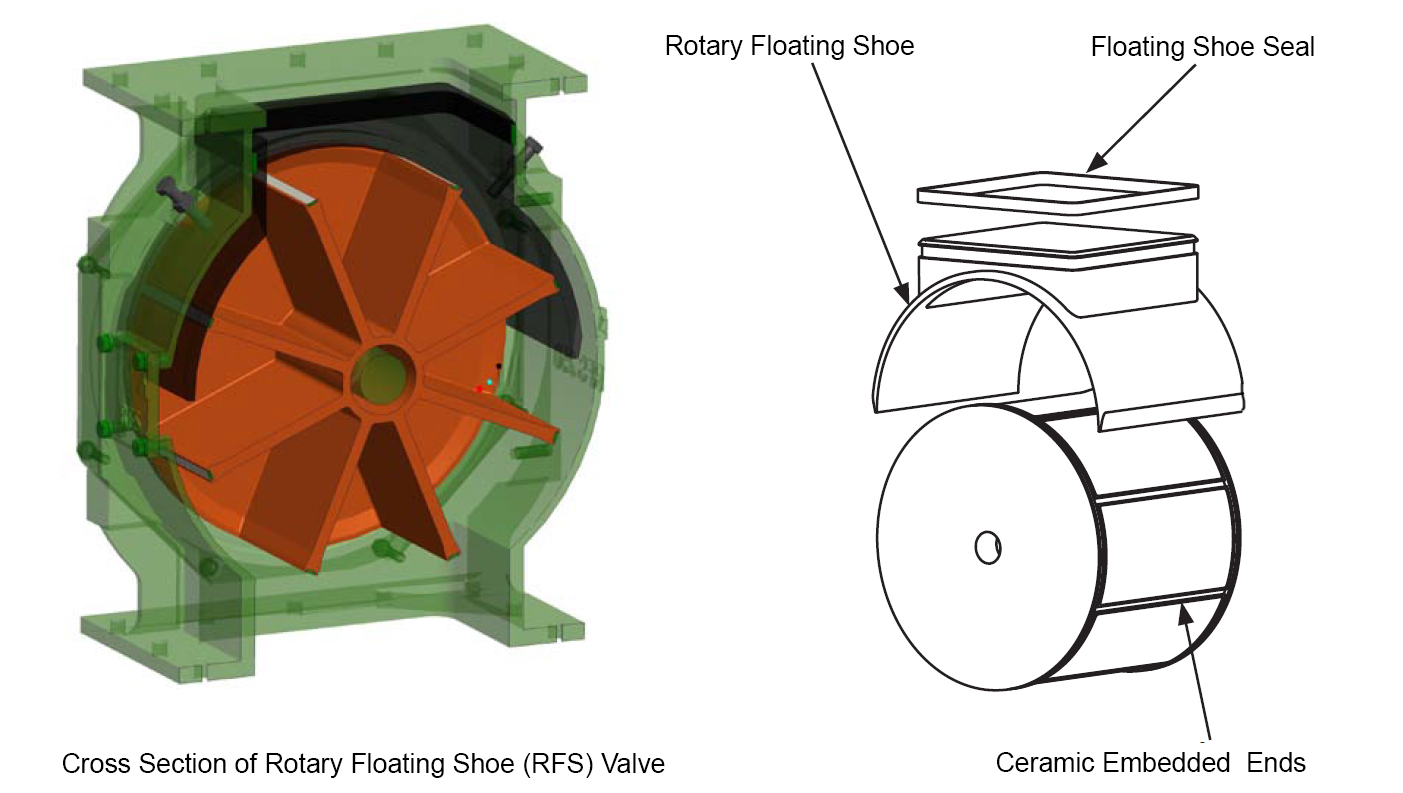08 Dec 2020
University Tests Prove Durability of Anval's RFS Technology
By Team Anval



Rotary Floating Shoe valve - The School of Mechanical Engineering at the University of Western Australia carried out a series of rigorous wear tests on Anval’s Rotary Floating Shoe valve range. The wear testing was conducted over a period of months by the University of Western Australia (UWA) undergraduate and graduate mechanical engineers with the assistance of Anval’s engineering team in-order to establish wear rates and the operational capacity of the RFS valve. The RFS range of Rotary Airlocks and Feeders has been in existence for over years in handling High Abrasive, High Pressure and High Temperature applications, initially being produced by Anval’s sister company, Ansac. However, in order to conclusively prove the durability of the valve range, Anval decided that an objective third party would be invited to conduct prolonged wear testing and author a technical paper on the results. The wear trials were concluded with the completion of the peer review process.
The testing focused on the Ceramic and Spheroidal Graphite Iron interface unique to Anval’s RFS range of valves. The Ceramic Embedded Rotor Ends have been designed to maintain continuous contact with the hardened SG Cast Iron Floating Shoe, ensuring an adequate seal between the inlet and outlet flange.This interface is subjected to a constant level of wear as the rotor turns during normal operation. The extensive testing of the interface involved subjecting the valve to various types of material flow with varying degrees of abrasiveness. This enabled Anval to establish accurate data confirming the low wearing properties of the construction materials selected for the valve. The amount and rate of interface wear have then been microscopically analyzed by the engineering teams, confirming the durability of the RFS valve.
“RFS Valves can be used to transport even the most aggressive product and still, have a lifecycle of years instead of months. The final report has proven that the Ceramic Embedded Rotor Ends in contact with the hardened SG Cast Iron Shoe allows the rotary feeder to efficiently traverse all manner of materials with a minimum of wear” explained Mr Michael Martella, CEO of Anval.The results are as we predicted. We always knew the RFS was a far more durable unit than a Conventional Rotary Valve, and now we have the data and report to prove it.